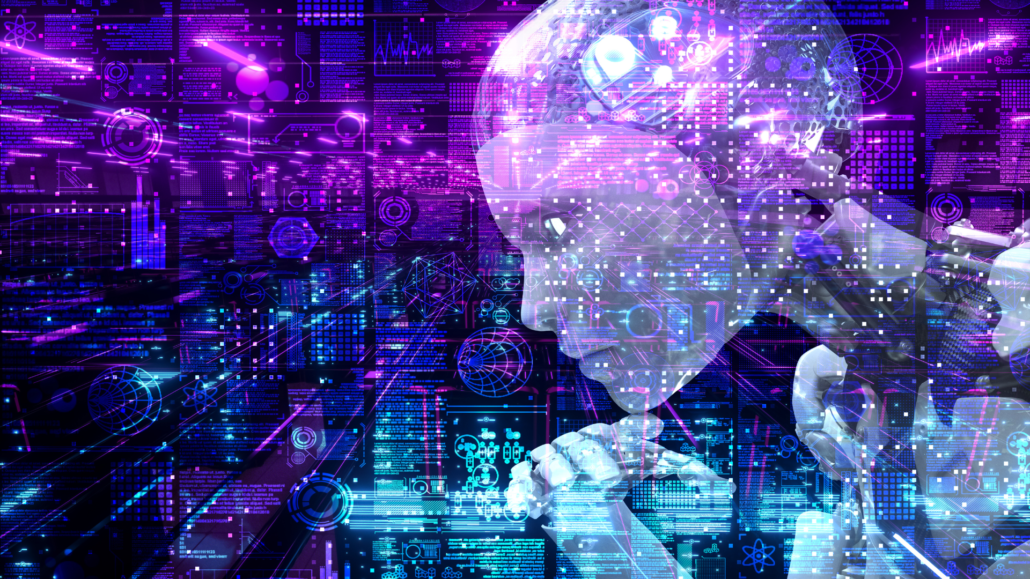Following the recent rise in conversations surrounding AI technology, I thought it prudent to look at how it can intersect with mentoring. AI mentoring in higher education refers to the use of artificial intelligence (AI) technologies to support and enhance the mentoring process between students and mentors in academic institutions. AI mentoring typically involves the use of chatbots or virtual assistants that can communicate with students and provide personalized support and guidance.
AI mentoring has tools that can be used in a variety of ways in higher education, including:
1. Academic support: AI mentors can assist students with their academic coursework by providing guidance on topics such as study skills, time management, and test-taking strategies.
2. Career guidance: AI mentors can help students explore potential career paths and provide guidance on job search strategies and resume writing.
3. Personalised coaching: AI mentors can provide personalised coaching to students based on their individual needs and preferences, such as providing feedback on writing assignments or helping students develop their communication skills.
4. Peer mentoring: AI mentors can facilitate peer mentoring programs by connecting students with one another based on shared interests or academic goals.
There are also coach-AI partnerships that can help the mentors to improve the quality of mentoring, the skills of mentors, and help to provide guidelines and techniques for situations between a mentor and mentee. These are providing certain services, such as providing real-time information on the conversation, the client, and the coach. Additionally, it enables immediate access to relevant sources of information while suggesting questions and lines of inquiry, saving coaches time and effort. The AI also offers an opportunity to confirm or disconfirm intuitions by reviewing each coaching session in-depth and exploring alternative approaches and better wording of questions.
All in all, it has been proven that AI mentoring would bring numerous benefits to the system, match-making, mentors, and mentees. However, it is important to note that AI mentors should not replace human mentors entirely, as the human element of mentoring is also important for building relationships and providing emotional support. In addition to that, gathering and analysing personal and sensitive data from mentors and mentees can give rise to ethical and privacy concerns.
Some of the dangers associated with AI mentoring are
1) The mentor and AI may become such a strong partnership that the client is left out and feels both under scrutiny and manipulation. It will be essential, therefore, to develop a three-way partnership in which the client is also able to access the AI.
2) The mentor (or the client, if they are also AI-enabled) could become distracted by the flow of information that the quality of their listening and attentiveness suffers
3) As AI systems become more advanced, they may be able to take over some of the tasks traditionally done by tutors and mentors, such as providing feedback and answering questions. This could lead to job losses and other economic impacts for education professionals.
4) AI systems may not be able to provide the same level of personalisation and empathy as human mentors. Tutoring and mentoring is a human-centered field that requires the ability to understand and connect with students on a personal level. AI may not be able to provide the same level of emotional support and guidance that a human can.
By Shanice Juma
4th-year Creative Business Student, NHL Stenden University
References
https://www.linkedin.com/advice/0/what-benefits-challenges-using-ai-powered-mentoring-tools
https://www.frontiersin.org/articles/10.3389/frai.2021.624050/full
https://www.oppidaneducation.com/blog/is-ai-a-threat-to-education
